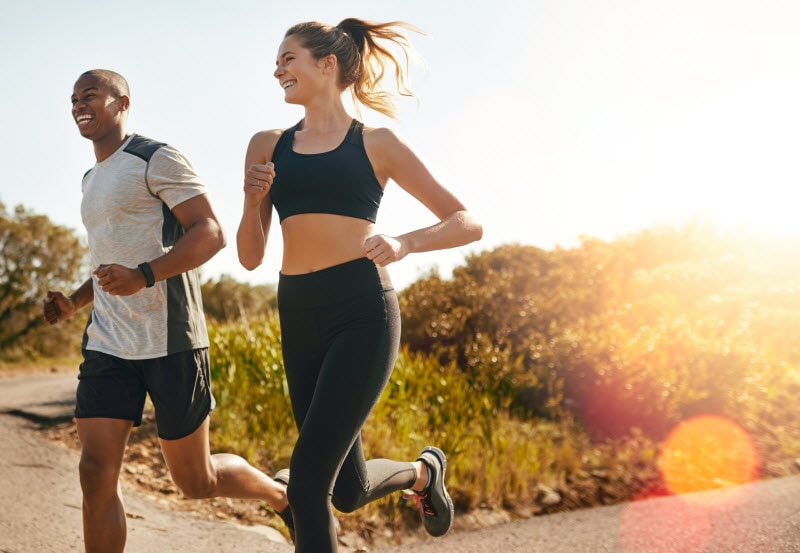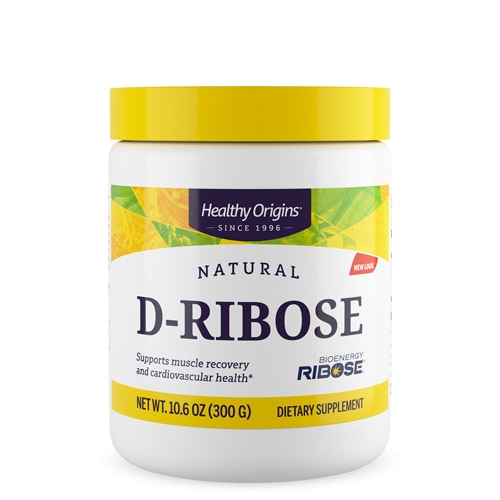[vc_row][vc_column][vc_column_text]Some people love to hit the gym first thing in the morning. Others prefer to squeeze in a workout over the lunch hour, or to get active after work.
But when is the best time to
exercise? It might depend on your workout goals.

The best time of day to exercise
Working out in the afternoon -- between 11 a.m. and 5 p.m. -- might significantly reduce your risk of premature death compared to exercising in the morning or evening, according to a large study released earlier this year in the journal
Nature Communications.
The researchers note that those hours correspond to the time of day when people are least likely to have a heart attack.
On the other hand, women lose significantly more abdominal fat and lower their blood pressure further when they exercise in the morning rather than in the evening, according to a
Skidmore College study published in Frontiers in Physiology.
Evening workouts also can offer benefits. Women gained more upper-body strength and saw improved mood by working out in the evening, the researchers at Skidmore College say. Men also saw gains in heart and metabolic health and emotional well-being by working out in the evening.
People with specific health conditions might choose to work out at a time that has been shown to have a positive impact on their illness. A
study of more than 2,400 people with type 2 diabetes found that those who exercised in the afternoon achieved greater improvements in glucose control.
Finally, the time of day you choose to exercise can also impact how you perform. Exercise performance peaks between 4 p.m. and 8 p.m., according to a review of 60 studies on exercise that was published in the journal Nature.
The importance of exercise
These studies suggest that the optimal time to exercise might depend on the state of your health and what you hope to achieve in your workouts. However, the unfortunate reality is that exercise at any time of the day is relatively rare among Americans.
One-quarter of U.S. adults are not active enough to protect their health, according to the Centers for Disease Control and Prevention.
The CDC notes that if more adults were active, it could prevent 10% of premature deaths. In addition, regular
exercise offers many other health benefits, including:
- Improved sleep
- Reduced blood pressure
- Less anxiety
- Lower risk for heart disease, several cancers and dementia
Thus, the time of day you exercise is far less important than simply making sure you get in some type of activity, regardless of when you do it.
For many people, morning is a great time to exercise, says Jonathan Olonade, a personal training leader with Life Time in Cinco Ranch, Texas. “The short answer here would be to exercise ‘early and often,’” he says.
Exercising earlier in the day “makes you more likely to ensure that you get it done,” Olonade says.
“If you notice that your day gets very busy during certain hours and you don’t have much energy left after performing those activities, it may be smart to work out prior to getting started (for the day),” he says.
In addition, morning workouts come after sleeping for a number of hours and before consuming as many calories as you will by the end of the day. Those are good conditions for those seeking weight loss.
“You should be more efficient in burning calories during an earlier workout,” Olonade says.
However, early workouts may not be best for everyone. Perhaps you have a busy schedule early in the day, or simply find it difficult to motivate yourself to exercise soon after waking up.
“If your day starts busier but scales back later -- leaving you with a bit of opportunity later -- then there lies your workout window,” Olonade says.
The key is to know which schedule makes the most sense for you, and to make your workout a priority. It’s also important to acknowledge that no matter what time of day you choose for exercise, obstacles will occasionally appear.
Thus, there is no “perfect” time to exercise. Instead, it is important to establish a regimen and to fight to stick with it.
“Understand that anything carrying meaningful change in life comes with some level of sacrifice,” Olonade says.
How much exercise is enough?
The
U.S. Department of Health & Human Services says adults can obtain "substantial health benefits" with at least 150 minutes to 300 minutes a week of moderate-intensity exercise. You may improve your health further by going beyond 300 minutes.
Anything that “gets your heart beating faster” qualifies as moderate-intensity exercise, according to the department. Brisk walking is a good example.
If you prefer, you can kick things up a notch and get the same benefit -- in less time -- with 75 to 150 minutes a week of
vigorous-intensity aerobic physical activity. This is the type of activity where you are breathing hard and fast, such as jogging.
The department notes that it is best to spread out aerobic activity across the week.
In addition, you should engage in muscle-strengthening activities of moderate or greater intensity involving all the major muscle groups on at least two days during the week, the Department of Health & Human Services says.
If those targets feel intimidating, start at a more modest level and work your way up. The CDC notes that even some activity is better than none.
Olonade says making exercise a priority can improve all areas of your life.
“Exercise and fitness are essential to living a healthy lifestyle,” he says. “I firmly believe that one's first investment should be a direct deposit into self-sufficiency, and that starts with living a healthy way of life.”[/vc_column_text][/vc_column][/vc_row][vc_row][vc_column][vc_text_separator title="Featured Products" border_width="2"][vc_row_inner equal_height="yes" content_placement="middle" gap="35"][vc_column_inner width="1/3"][vc_single_image image="168144" img_size="full" alignment="center" onclick="custom_link" img_link_target="_blank" css=".vc_custom_1691006980728{padding-right: 7% !important;padding-left: 7% !important;}" link="https://www.vitacost.com/munk-pack-keto-granola-bar-coconut-cocoa-chip"][/vc_column_inner][vc_column_inner width="1/3"][vc_single_image image="168143" img_size="full" alignment="center" onclick="custom_link" img_link_target="_blank" css=".vc_custom_1691007036452{padding-right: 7% !important;padding-left: 7% !important;}" link="https://www.vitacost.com/orgain-organic-protein-plant-based-powder"][/vc_column_inner][vc_column_inner width="1/3"][vc_single_image image="168142" img_size="full" alignment="center" onclick="custom_link" img_link_target="_blank" css=".vc_custom_1691007079963{padding-right: 7% !important;padding-left: 7% !important;}" link="https://www.vitacost.com/zevia-energy-rtd-kola"][/vc_column_inner][/vc_row_inner][/vc_column][/vc_row]




